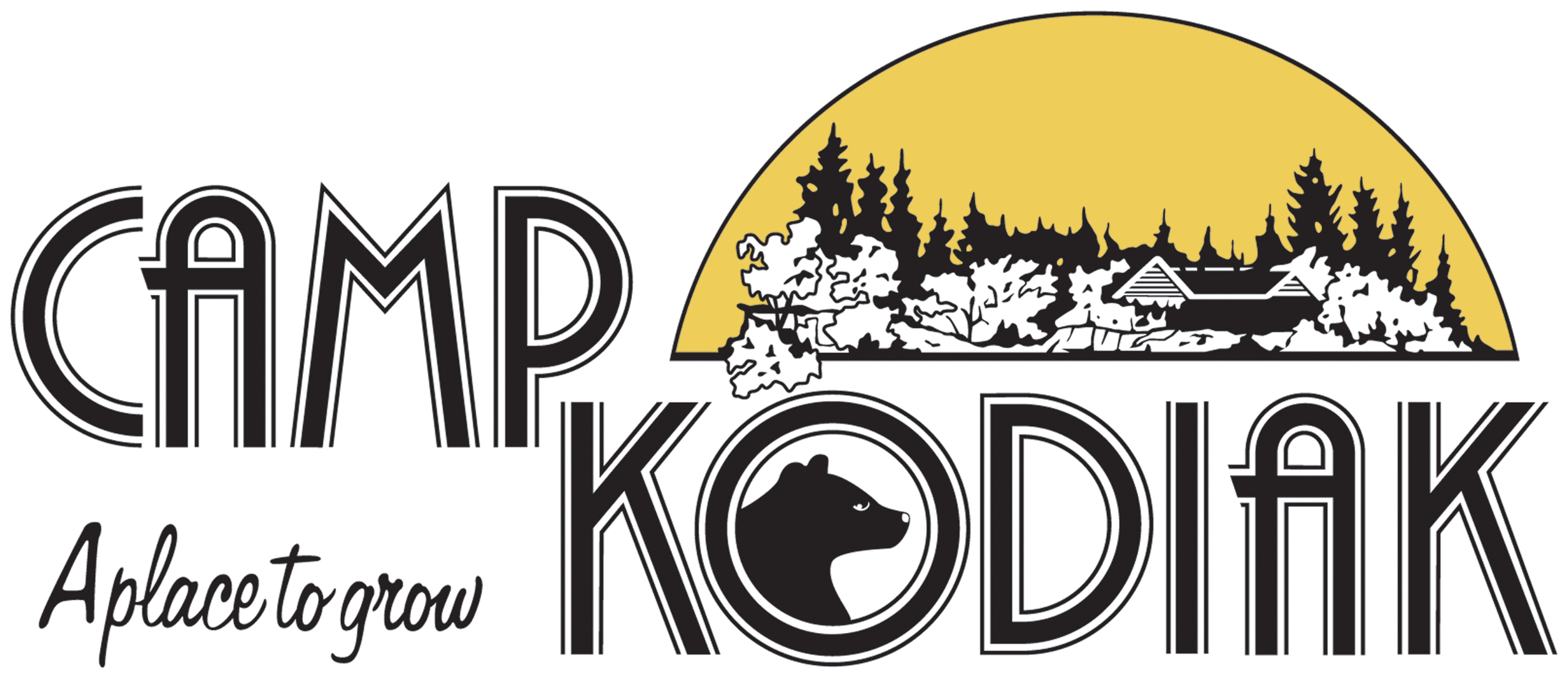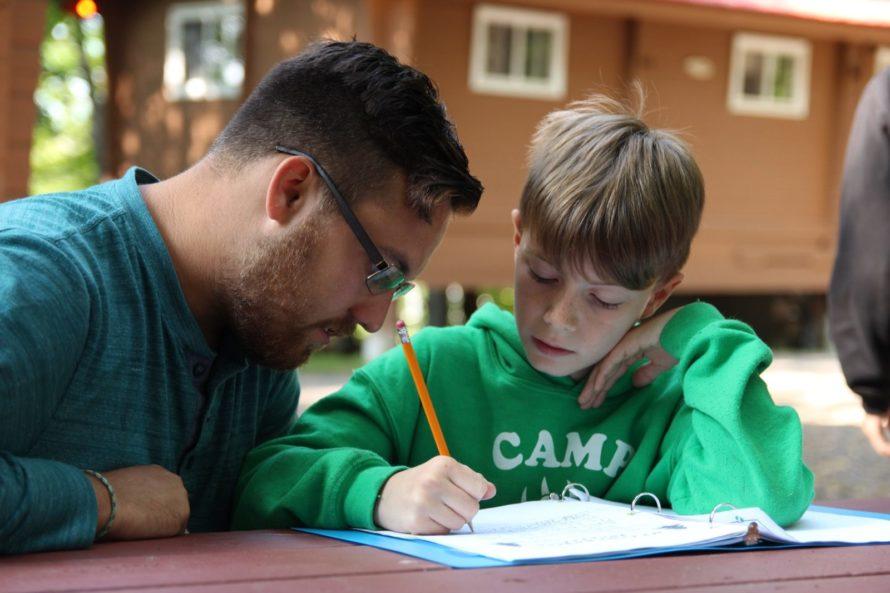The long summer holidays push sunshine, adventure, and time with friends and family into the spotlight in kids’ lives—a welcome change from long winters structured around school buses, homework, and piano lessons. However, during these carefree days of summer, children often drift too far away from the discipline of daily literacy, math, and critical thinking challenges, and teachers and parents know too well that students lose ground academically over the holidays. This is often referred to as the “summer slide.” For kids with learning difficulties, this backward slide can be especially difficult, and it can really impact both their skills and their confidence in being able to achieve at school. Often, beginning of the year testing yields results that are far behind where kids were when they left in the spring, which can be disheartening to students who worked so hard to make the gains in the first place.
As a special education teacher, I know that the “summer slide” can be doubly problematic for students with learning disabilities; IEPs come out 6 weeks into the new school year and are based on the student’s past and current achievement. We all want those goals to represent the best of what a youngster can do, so it’s important to try to maintain those precious, hard-won academic skills over the summer in order to start off the school year running. At the same time, though, kids need their summers off, away from the stress of school and the pressure of fighting about homework at the kitchen table.
At Camp Kodiak, we have a solution: we offer a one-hour tutoring program Monday to Friday, and then kids are free to enjoy the rest of their day without worrying about school work. We work with campers’ school teachers and parents to determine what they could benefit most from reviewing over the summer, and we either design a program to meet those needs or implement one provided by their school or home. This is not summer school: Campers are simply reviewing learned concepts and skills so that they avoid that dreaded “summer slide” and can return to school confident and ready to face a new year. For many of our American campers, this means that they must complete summer reading assignments from school, which are often due the first week back.
Our academic program is unlike any school I have ever seen. Kids and staff members sit at picnic tables among the trees of a forested area, quietly reading, writing letters, or completing math assignments. They are placed into small academic groups, each one led by a certified teacher, and work in sub-groups of 2 to 4 campers per adult (teachers, other education professionals, and college/university students). The teachers and tutors are easily able to assess the campers’ understanding and mastery of concepts and remediate any difficulties because they are sitting side-by-side, working together.
And unlike most classrooms, academics is a very calm, quiet time in the camp day. For the most part, campers appreciate the individualized attention and are happy to work for one hour before moving onto the more exciting parts of camp. Whereas disrupting the learning in a classroom might earn a student a trip to the office and a free pass out of a dreaded subject, these same kids don’t want to miss any of the fun to be had at the waterfront, on the sports fields, in the arts, or at the climbing elements, and so they finish their tasks (mostly without complaint) and happily rejoin their cabin groups at 10:00 a.m.
If your camper doesn’t fall victim to the “summer slide” or else simply needs a break from a stressful academic year, we’ve got electives from 9:00-10:00 to keep the fun and learning going while their cabin mates are finishing up their studies. Campers can learn guitar or vocal music, First Aid or survival skills, conduct science experiments, produce stained glass or pottery treasures, perfect their martial arts moves, or participate in any one of a number of other experiential learning opportunities that take them away from books and into the field. Whether your camper is reading a novel, learning to tell time, factoring trinomials, or doing an elective, Camp Kodiak’s academic program provides a low-stress learning environment that puts them on the right road for a successful start to the school year and puts the brakes on the “summer slide.”

